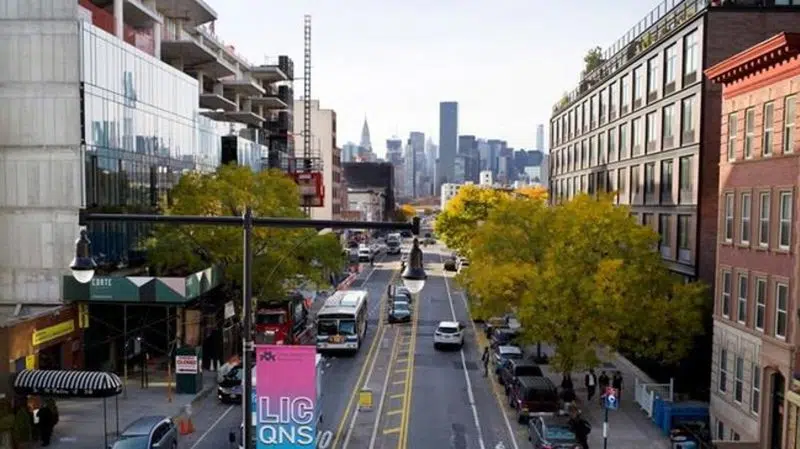
Amazon’s exit could scare off tech companies from New York
NEW YORK — Amazon jilted New York City on Valentine’s Day, scrapping plans to build a massive headquarters campus in Queens amid fierce opposition from politicians angry about nearly $3 billion in tax breaks and the company’s anti-union stance.
With millions of jobs and a bustling economy, New York can withstand the blow, but experts say the decision by the e-commerce giant to walk away and take with it 25,000 promised jobs could scare off other companies considering moving to or expanding in the city, which wants to be seen as the Silicon Valley of the East Coast.
“One of the real risks here is the message we send to companies that want to come to New York and expand to New York,” said Julie Samuels, the executive director of industry group Tech: NYC. “We’re really playing with fire right now.”


